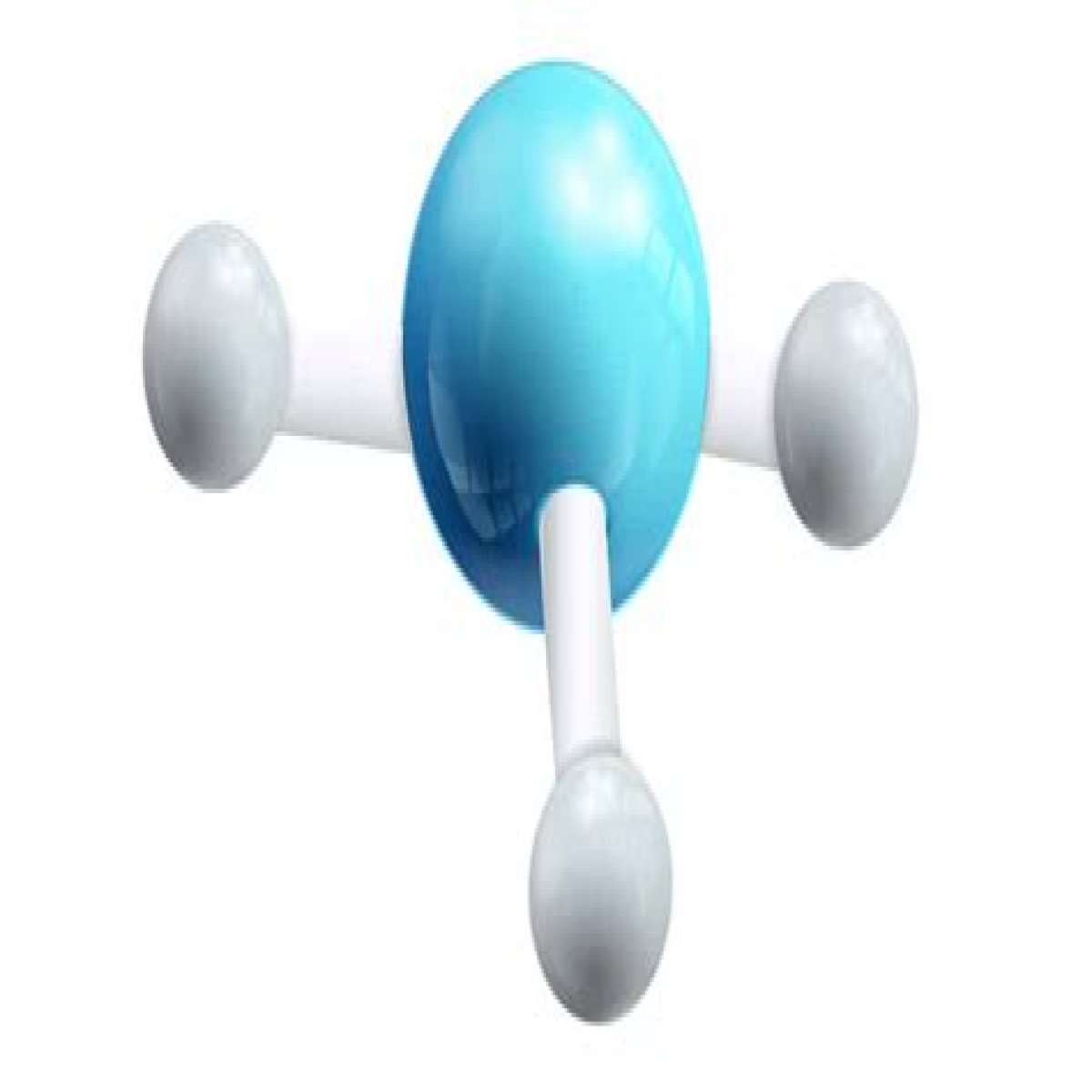What is the significance of hydrogen bonding in DNA?
Hydrogen bonding is a crucial force in maintaining the structure and function of DNA, the molecule that carries genetic information in all living organisms. It involves the attraction between a hydrogen atom, covalently bonded to an electronegative atom such as nitrogen or oxygen, and another electronegative atom. In DNA, hydrogen bonding occurs between the nitrogenous bases that make up the DNA strands.
The specific pattern of hydrogen bonding between the bases adenine (A), thymine (T), cytosine (C), and guanine (G) determines the base pairing rules that govern DNA structure. A always pairs with T via two hydrogen bonds, while C always pairs with G via three hydrogen bonds. These base pairs form the rungs of the DNA double helix, with the sugar-phosphate backbone forming the sides.
The hydrogen bonds in DNA are essential for maintaining the stability of the double helix structure. They allow DNA to store genetic information accurately and transmit it during cell division. Without hydrogen bonding, the DNA double helix would be unstable and unable to perform its biological functions.
Hydrogen Bonding in DNA
Introduction
Hydrogen bonding is a critical force in maintaining the structure and function of DNA. It plays a vital role in determining the shape of the DNA molecule, its stability, and its ability to store and transmit genetic information.
Key Aspects
- Base Pairing Rules: Hydrogen bonding between specific nitrogenous bases (A-T and C-G) determines the base pairing rules that govern DNA structure.
- Double Helix Formation: Hydrogen bonds between base pairs form the rungs of the DNA double helix, with the sugar-phosphate backbone forming the sides.
- Structural Stability: Hydrogen bonds contribute to the stability of the DNA double helix, preventing it from unwinding or denaturing.
- Genetic Information Storage: The sequence of base pairs held together by hydrogen bonds encodes the genetic information that is essential for life.
Discussion
The hydrogen bonds in DNA are crucial for its biological functions. They allow DNA to:
- Store genetic information: The sequence of base pairs, determined by hydrogen bonding, provides the instructions for building and maintaining an organism.
- Transmit genetic information: During cell division, DNA unwinds and replicates, ensuring that each daughter cell receives an accurate copy of the genetic material.
- Interact with proteins: Hydrogen bonds facilitate interactions between DNA and proteins, such as transcription factors and DNA polymerases, which are essential for gene expression and DNA replication.
Conclusion
Hydrogen bonding is a fundamental force in DNA structure and function. It enables DNA to store and transmit genetic information accurately, which is essential for all life on Earth.
FAQs on Hydrogen Bonding in DNA
This section addresses frequently asked questions about hydrogen bonding in DNA, providing concise and informative answers.
Question 1: Why is hydrogen bonding important in DNA?
Hydrogen bonding is crucial in DNA because it maintains the structure of the DNA double helix. It allows the nitrogenous bases to pair specifically (A with T, C with G) and form the rungs of the DNA ladder. Without hydrogen bonding, the DNA double helix would be unstable and unable to store genetic information accurately.
Question 2: How does hydrogen bonding contribute to the stability of DNA?
Hydrogen bonds contribute to the stability of DNA by forming strong attractions between the nitrogenous bases. These attractions help to keep the double helix intact, preventing it from unwinding or denaturing. Additionally, hydrogen bonding helps to protect the DNA from damage by external factors such as heat and chemicals.
Summary:
Hydrogen bonding is a fundamental force in DNA structure and function. It enables DNA to store and transmit genetic information accurately, which is essential for all life on Earth.
Conclusion
Hydrogen bonding is a fundamental force in DNA structure and function. It enables DNA to store and transmit genetic information accurately, which is essential for all life on Earth.
The exploration of hydrogen bonding in DNA has provided valuable insights into the intricate workings of life's genetic material. Understanding the role of hydrogen bonding in DNA structure and function is crucial for advancing fields such as genetics, molecular biology, and biotechnology.
The Ultimate Guide To The Legendary Hemingway HeroThe Ultimate Guide To 2048hjd: Strategies And Tips For Mastering The GameDiscover Unparalleled Wrestling Entertainment: Your Ultimate Watchwrestling.in Alternative
